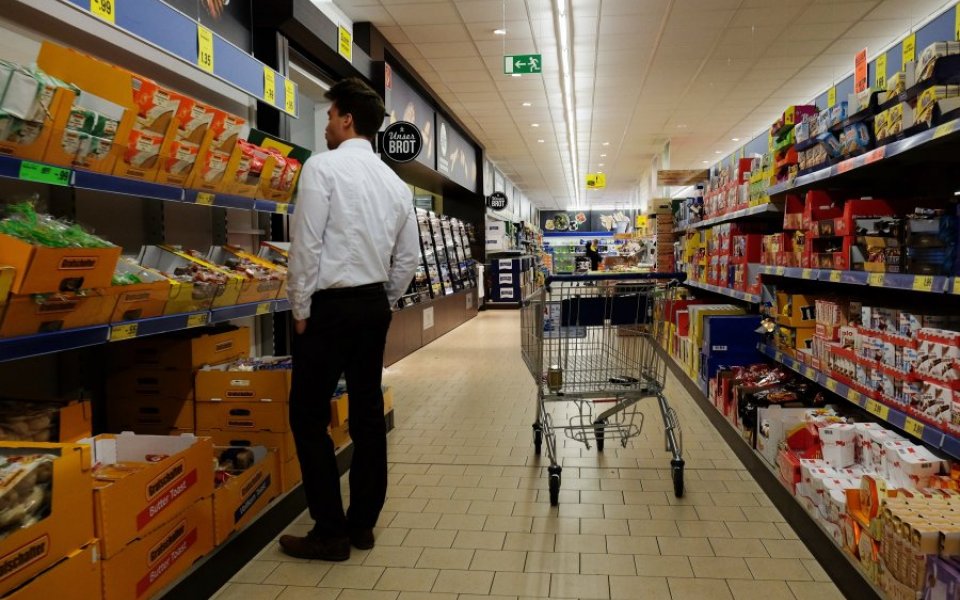Drop in core Eurozone inflation gives European Central Bank extra incentive to boost asset purchases tomorrow

Annual inflation in the Eurozone was 0.1 per cent last month, according to official estimates released this morning, but core inflation has fallen below one per cent, offering European policy makers extra encouragement to boost their asset purchase programme tomorrow.
Inflation was unchanged from October, yet core inflation, which excludes the impact of low energy prices, fell to 0.9 per cent from 1.1 per cent, the data from Eurostat shows.
The drag from low energy prices was significantly less in November, with prices falling 7.3 per cent rather than 8.5 per cent.
Food, services and non-energy industrial goods prices all rose year-on-year, but still at a rate below the European Central Bank’s two per cent target.
The ECB has signalled that it will expand its €1.1 trillion (£780bn) asset purchase programme tomorrow in a bid to bring inflation back up to its target.
Inflation in the Eurozone is measured by the year-on-year change in the basket of goods and services known as the harmonised consumer price index (HICP). The HICP has undershot the two per cent growth target since 2013.
Economist Claus Vistesen from Pantheon Macroeconomics said the figures "will add weight to the ECB doves’ argument for more easing tomorrow, and also increases the risk of a more aggressive policy response".